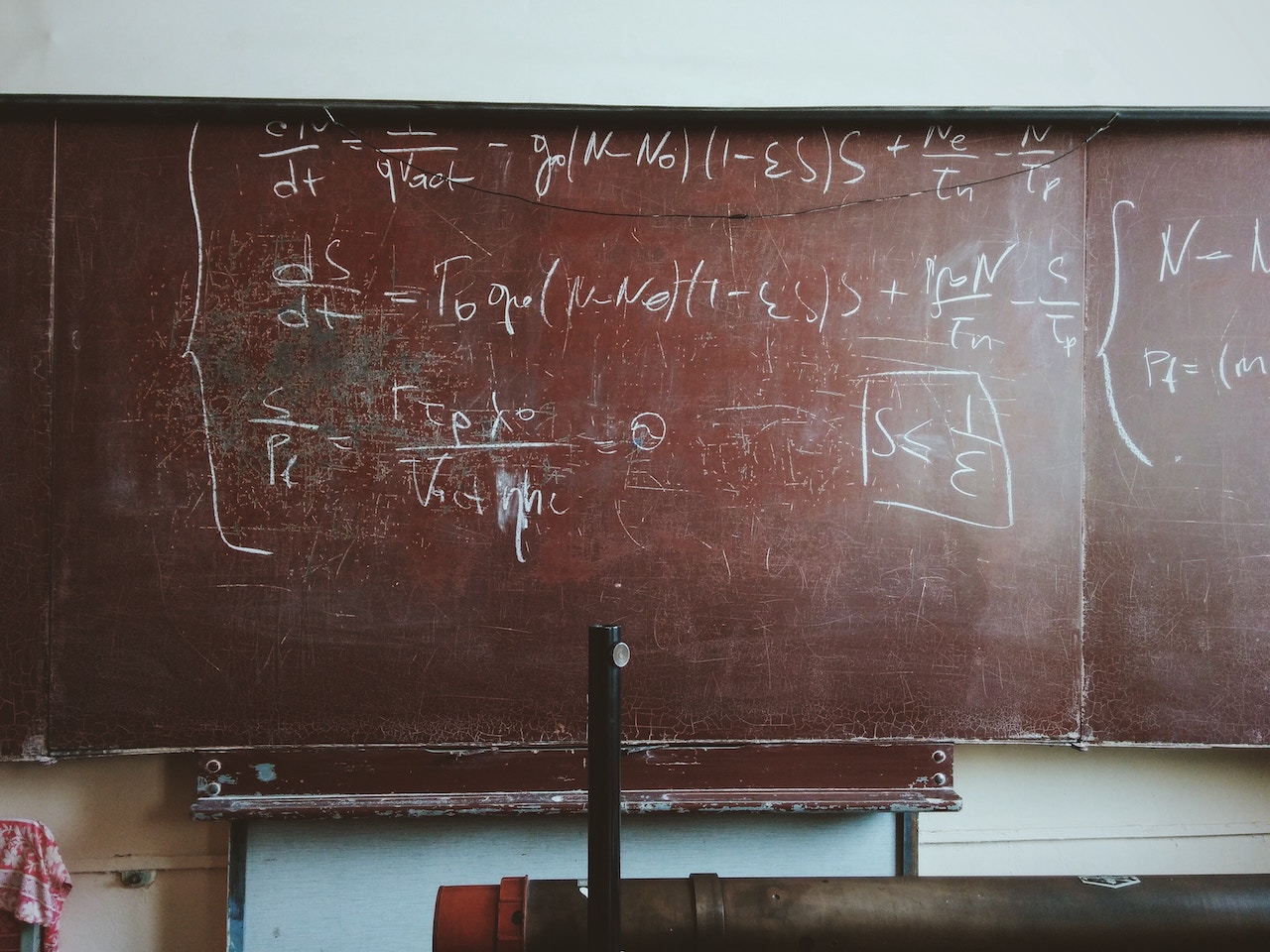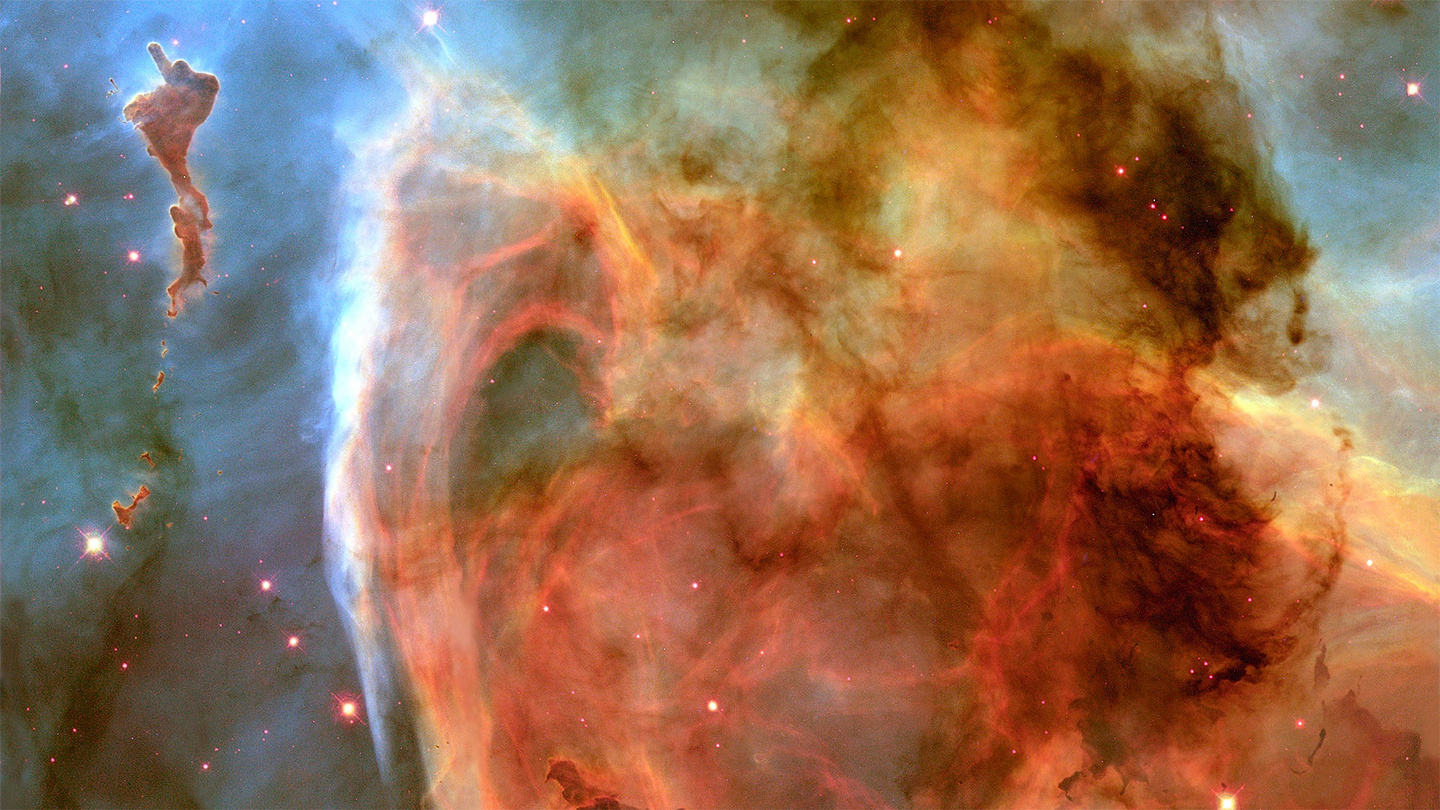
Our ability to make predictions about the universe we live in and the future is based on the argument that every occurrence is connected by a cause and effect relationship. Making predictions about the future allows us to direct our behavior in the most accurate way.
Although our desire to control seems to be beneficial in this estimation and design process; The fact that we can only do this at a certain level, that is, that we cannot go beyond guessing and that our margin of error is too high to be negligible, paves the way for us to attribute our failures to bad luck/misfortune or to the unfairness of circumstances. On the other hand, as our predictions come true, we tend to push our limits, take risks, and move away from acting rationally.
Our success against the odds results in us qualifying ourselves as lucky and yearning for more. So where is the concept of luck in our lives? Why is it as common a belief as a scientific finding despite the lack of proof? And what interpretation of physics allows chance to exist?
Aware or not: taking advantage of the luck factor

In fact, it is possible to define chance as an effort to provide an explanation for seemingly meaningless events. On the other hand, this widespread belief in luck plays an important role in influencing the opinions of individuals or masses.
It is a fact that people who are seen as luckier tend to take more risks because of their previous successes. The person who won the lottery may have played the lottery for the first time, but from a broader perspective, it can be seen from a wider perspective that he tried more by not avoiding risky decisions in the rest of his life, made more mistakes, but on the other hand, he was successful in different areas as an inevitable result of trying a lot (Leplace). will be seen.
Or maybe, given the total number of risks in his life, his only successful attempt was the lottery, but a success big enough to make up for his other failures, which is impossible to know as it is impossible to keep track of every single risk in each individual’s life. But there is a common conclusion: people who believe in luck at a healthy rate tend to take more risks and therefore earn more. As the winning rates increase, the adjective lucky comes with it.
Not walking under the stairs, hitting the wood, the number 13… why do we believe in superstitions?

Surprisingly, psychologists note that reliance on luck and even superstition can provide a sense of control in the individual, reducing anxiety and stress. Researchers pointing out that this belief increases visibly in economic crises and in events with mass effects such as war or election races, they point to Germany between 1918 and 1940 as an example and add: the need to control and know, the need for It causes them to turn to beliefs that are far from realism but provide short-term satisfaction.
Quantum mechanics versus determinism: which side is luck?

Chance, which stands out because it has no scientific basis, falls short in determinism, but finds a place for itself in quantum mechanics. You may not be familiar with these concepts, so first of all, it is useful to briefly talk about the views on which both fields are based.
According to Newtonian mechanics, if the initial velocity, position and state of an object are known, inferences can be made about its location in later stages. This inference creates a deterministic portrait for the universe we live in.
In other words, if each element affecting the system is taken into account separately, all of the events that will take place can actually be known/calculated. Whether a coin you toss will land heads or tails depends on the coin’s weight, diameter, wind, the effect of gravity on your location, the force with which you toss the coin, temperature, and many more. This is also true for the entire universe, since each event is dependent on each other and many factors, although it is impossible to calculate, it is knowable, observed and unobserved occurrences in the final analysis.
This explanation leaves no room for chance, as you will notice, but one point still remains in the air: what does your free will, which allows you to make the decision to throw the coin, correspond in the universe example?
Schrödinger, one of the pioneers of quantum mechanics, argues that there is no problem in looking at the effect of others’ free will on us with a deterministic approach, but that the real confusion is the conflict between determinism, which is the basis of classical physics, and our own free will. In other words, Schrödinger underlines that there are some factors that cannot be decided by calculations even if all the factors are known, and argues that every probability is equal until the event in question occurs.

These incalculable factors can be attributed to coincidence, because even a small overlooked or unknown factor has the ability to radically change the system.
As a result, contrary to classical physics, quantum mechanics, which opposes computability, leaves room for the concept of chance, based on the argument that there is no definite path between objects A and B and that it is not possible to know the route that the object will follow until the motion takes place.












